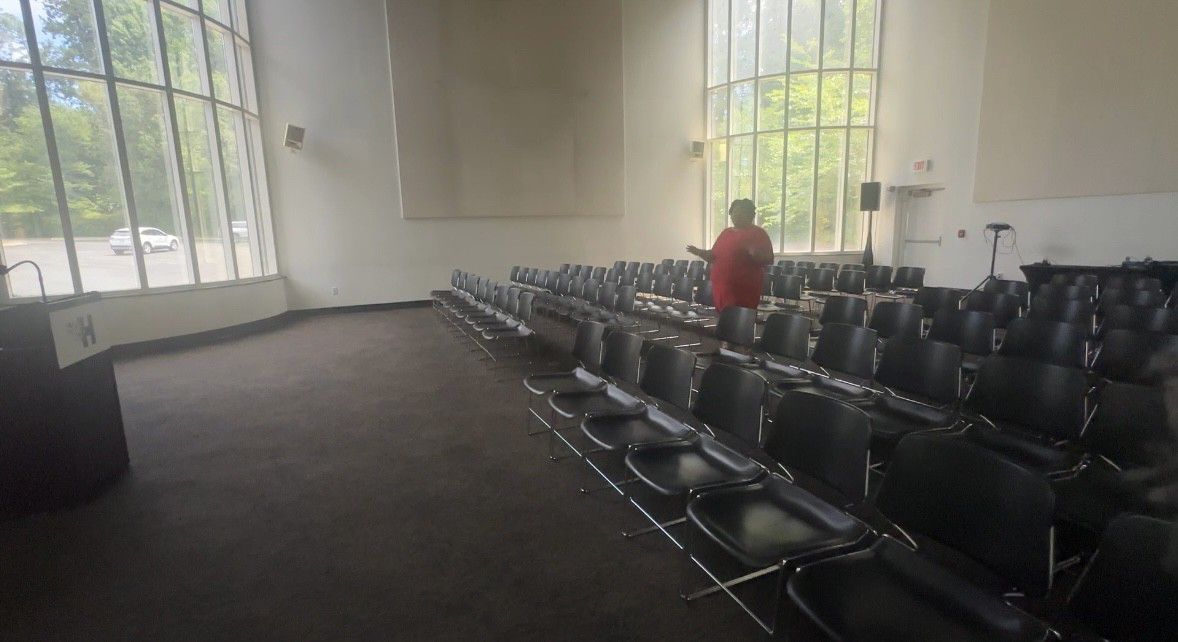CHARLOTTE, N.C. — There’s a growing need for mental health counselors nationwide.
Nearly 49,000 job openings are projected each year for counselors in substance abuse, behavioral disorder and mental health careers, according to data from the U.S. Bureau of Labor Statistics.
What You Need To Know
- Data shows a growing need for people in mental health careers
- A North Carolina university just received a new approval to help aid with keeping workers in those careers
- The program offerings aim to offer counselors the continuing education they need to keep their license up-to-date
One report lists an aging workforce and lack of funding as reasons for the worker shortage.
A North Carolina University is working to ensure more counselors remain in mental health careers.
Dr. Lorell Gordon serves as the assistant professor for clinical mental health counseling at Gardner-Webb University.
Gordon was instrumental with recently getting the university’s Searight Professional and Continuing Education (PACE) program accepted as an approved continuing education provider. The approval was accepted by the National Board for Certified Counselors.
“It’s really important we have this program,” Gordon said. “Mental health is important.”“It’s really important we have this program,” Gordon said. “Mental health is important.”
Gordon said this approval will give counselors the training they need to keep their licensure up to date.
In North Carolina, licensed mental health counselors are required to complete 40 hours of continuing education training every two years.
Gordon said this program could give some counselors a closer and more accessible option of getting it done.
“Individuals can use those credit hours for their license renewal,” Gordon said. “It can be someone that’s a social worker, counselor, addiction counselor, they [must] have so many hours to renew their license.”
The National Institute of Mental Health estimates at least one-in-five U.S. adults lives with a mental illness.
Gordon is hopeful this new provider status will keep more counselors in place to help those in need of mental health services.
“Mental health is something we need to tend to just like our physical health,” Gordon said.
Counselors from any state can earn their continuing education hours at Gardner-Webb. However, the number of required hours to maintain a licensure varies by each state.
The university is also celebrating a years-long milestone, with GWU graduates achieving a consistent 100% pass rate for licensure exams in clinical mental health and school counseling.











